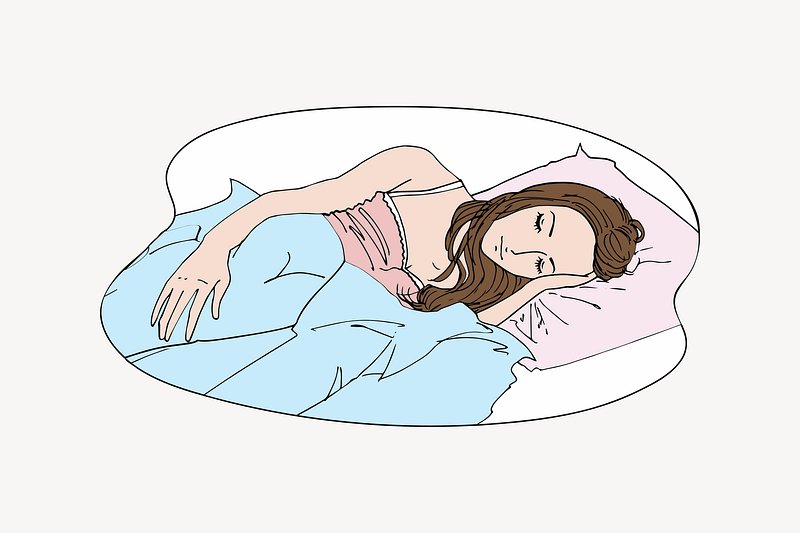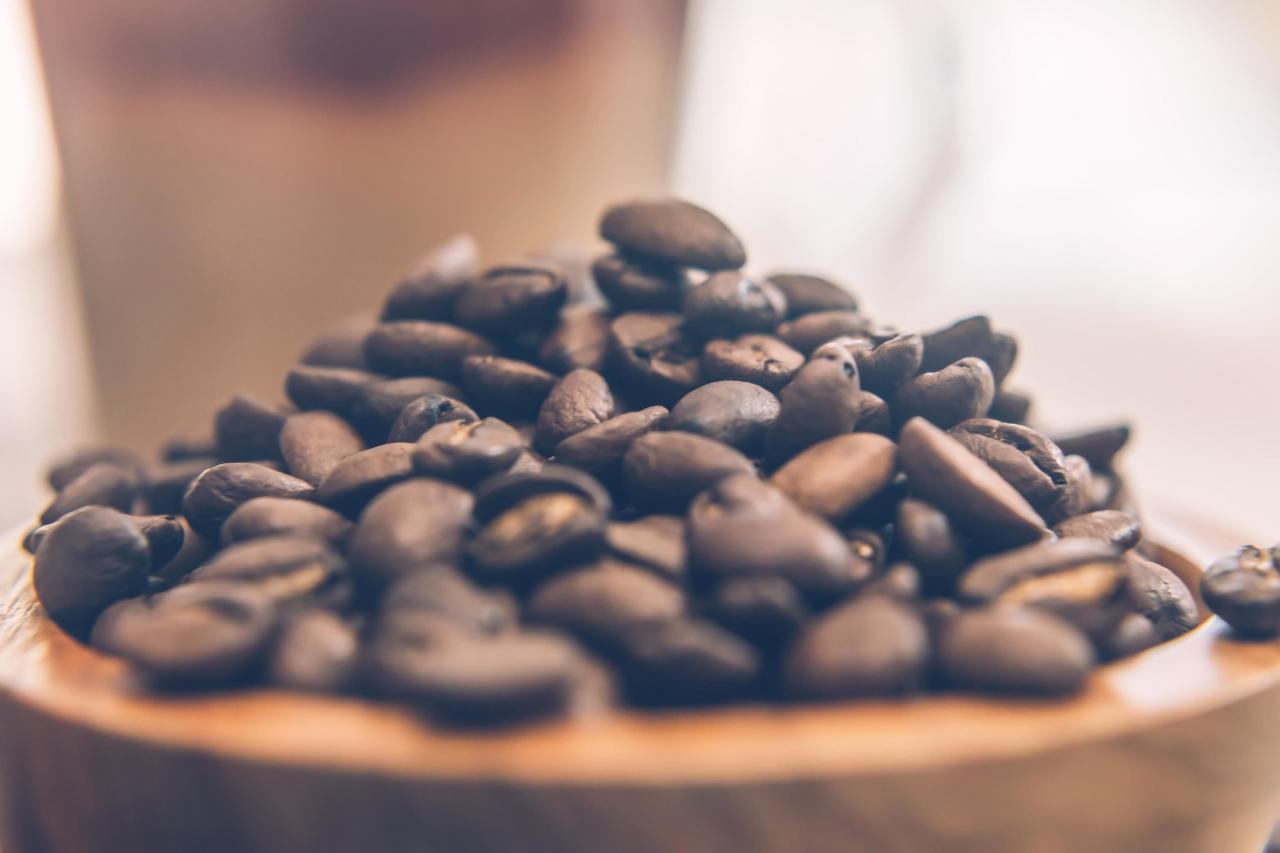In a fast-paced world where sleep often takes a backseat, it is essential to explore every avenue that can contribute to a peaceful night’s rest. While we may readily overlook it, the food and drinks we consume play a significant role in influencing our sleep patterns. Research has shown that dietary choices can impact both the quantity and quality of sleep we receive. In this article, we will delve into the subject of sleep-friendly diets, shedding light on the various food items and beverages that can either promote or hinder a restful slumber. By understanding the profound connection between what we consume and our sleep, we can make informed choices that promote a healthier and more satisfying sleep routine.
Impact of Caffeine and Stimulants on Sleep Quality
Knowing the is crucial for maintaining a healthy sleep routine. Consuming these substances, especially close to bedtime, can significantly disrupt your sleep patterns. Here are some key points to consider:
The Effects of Caffeine:
- Caffeine is a central nervous system stimulant that is commonly found in coffee, tea, energy drinks, and certain medications.
- It has a half-life of around 5-6 hours, meaning it takes that much time for the body to eliminate half of the caffeine consumed.
- Caffeine blocks the adenosine receptors in the brain, a neurotransmitter that promotes sleepiness and helps regulate the sleep-wake cycle.
- This can lead to difficulty falling asleep, shorter total sleep time, and decreased sleep efficiency.
- Individual caffeine sensitivity varies, but it is generally recommended to avoid consuming caffeine at least 6 hours before bedtime to ensure a better quality of sleep.
The Impact of Other Stimulants:
- Other stimulants, such as nicotine and certain medications (e.g., decongestants or weight loss drugs), can also affect sleep quality.
- Nicotine is a stimulant found in tobacco products and can cause difficulty falling asleep, increase the number of awakenings during the night, and decrease overall sleep duration.
- Medications that contain stimulants may disrupt sleep by causing restlessness, interfering with the sleep-wake cycle, or increasing alertness.
- It is important to read the labels of any medications and consult with a healthcare professional to understand potential side effects on sleep before taking them.
By being mindful of your consumption of caffeine and other stimulants, you can optimize your sleep quality and promote overall well-being.

Incorporating Sleep-Enhancing Foods into Your Diet
Finding it difficult to get a good night’s sleep? Look no further! By adding some sleep-enhancing foods to your diet, you can improve both the quality and duration of your sleep. Here are some delicious options to consider introducing into your nightly routine:
- Cherries: These little red gems are a natural source of melatonin, a hormone that regulates sleep. Snacking on fresh cherries or drinking a cup of tart cherry juice can help increase melatonin levels, signaling to your body that it’s time to wind down for the night.
- Nuts: Packed with magnesium and tryptophan, nuts like almonds and walnuts are exceptional sleep-promoters. Magnesium helps relax your muscles, while tryptophan converts into serotonin, a neurotransmitter that aids in calming the mind.
- Herbal teas: Sipping on a warm cup of herbal tea before bed can work wonders for your sleep. Chamomile tea, for instance, contains apigenin, an antioxidant that binds to certain receptors in the brain, inducing sleepiness. Other sleep-friendly teas include lavender, valerian root, and passionflower.
These are just a few examples of the many foods that can contribute to a restful night’s sleep. It’s important to note that incorporating these sleep-enhancing foods into your diet won’t have immediate effects, but with consistency, you may start noticing positive changes in your sleep patterns. Remember, a balanced diet combined with other healthy lifestyle practices can greatly impact your overall well-being, and a good night’s sleep is an essential part of that equation.
The Role of Proper Hydration in Promoting Quality Sleep
When it comes to achieving a good night’s sleep, most people focus on factors like a comfortable mattress, soothing ambiance, or a bedtime routine. However, one often overlooked element that plays a crucial role in promoting quality sleep is proper hydration. Adequate hydration throughout the day can have a direct impact on the quantity and quality of your sleep. Here’s how staying hydrated can contribute to a restful night:
- Regulates body temperature: Drinking enough water helps regulate your body temperature, which is essential for falling asleep and staying asleep comfortably. Proper hydration prevents overheating or feeling too cold, allowing your body to enter a relaxed state conducive to quality sleep.
- Reduces sleep disruptions: Dehydration can lead to common sleep disruptions such as leg cramps, muscle spasms, or restless legs syndrome (RLS). By maintaining proper hydration, you can minimize these discomforts and reduce the likelihood of waking up during the night.
- Enhances brain function: Well-hydrated brain cells function optimally. Water helps deliver essential nutrients and oxygen to the brain, improving cognitive function and reducing daytime sleepiness. A well-hydrated brain is better equipped to calm down before bedtime and enter the sleep cycle more smoothly.
Considering the vital role that proper hydration plays in promoting quality sleep, it’s crucial to make it a priority in your daily routine. Remember to drink water regularly throughout the day, especially in the hours leading up to bedtime. By staying adequately hydrated, you can pave the way for a more peaceful and rejuvenating slumber.
Establishing a Bedtime Routine: Meal Timing and Portion Control
When it comes to establishing a bedtime routine, considering meal timing and portion control is crucial for a restful night’s sleep. Our eating habits directly impact our sleep quality and overall health. By following these simple tips, you can optimize your bedtime routine and enhance your well-being:
- Mindful Meal Timing: Avoid consuming heavy meals too close to bedtime, as this can lead to discomfort and indigestion. Ideally, aim to have your dinner at least two to three hours before you plan to sleep. This allows your body enough time to digest the food properly, preventing disturbances during the night. If you find yourself feeling hungry before bed, opt for a light snack instead of a full meal.
- Smart Portion Control: Pay attention to the size of your meal portions, especially in the evening. Overeating can stimulate your digestive system, making it harder to fall asleep. Practice portion control by using smaller plates, bowls, or cups during dinner to help prevent overindulgence. If you’re still hungry after a smaller portion, fill up on nutrient-rich foods such as fruits and vegetables to satisfy your cravings without disrupting your sleep patterns.
Achieving a balanced and consistent bedtime routine is essential for a healthy sleep-wake cycle. By incorporating mindful meal timing and practicing portion control, you can support your body’s natural rhythms and improve the quality of your rest. Remember, small adjustments in your eating habits can have substantial positive effects on your overall well-being.
Concluding Remarks
In conclusion, it is evident that our diet plays a crucial role in our overall well-being, including the quality of our sleep. By understanding how different foods and drinks can affect our sleep patterns, we can make conscious choices to create a sleep-friendly diet.
Incorporating sleep-promoting foods like complex carbohydrates, lean proteins, and magnesium-rich options into our meals can help regulate our sleep-wake cycle and improve the duration and quality of our sleep. These foods include whole grains, poultry, fish, leafy greens, nuts, and seeds.
On the other hand, it’s crucial to be cautious about certain foods and drinks that can interfere with our sleep. Stimulants such as caffeine, alcohol, and sugary treats can disrupt our sleep patterns, making it harder to fall asleep or stay asleep throughout the night.
Additionally, practicing good eating habits, like avoiding heavy meals before bedtime and consuming dinner at least a few hours before sleep, can contribute to a more restful night’s sleep. It is also recommended to maintain a consistent meal routine and avoid late-night snacking.
Remember, everyone’s body is unique, so it’s essential to listen to your own needs and pay attention to how certain foods and drinks affect your sleep. Keeping a sleep diary or consulting with a healthcare professional can provide valuable insights into your personal sleep-friendly diet.
By making thoughtful choices about what we consume and when, we can create a sleep-friendly diet that promotes better sleep, improved energy levels, and overall well-being. So, let us take charge of our nutrition and embrace the power of a sleep-friendly diet to unlock the rejuvenating benefits of a good night’s sleep.
The relationship between food and drinks and sleep is something that often goes unrecognized. Though the majority of us can easily identify lifestyle triggers related to poor sleep hygiene, such as using your laptop or smartphone before bedtime, it is much less common for us to recognize the impact of our diet on our sleep. This is a mistake, as many of our favorite foods and drinks contain compounds that can disturb our sleep cycle.
Research has shown that certain foods and drinks can be beneficial for sleep. These include those rich in magnesium and vitamins, such as bananas, kiwis, and avocados. Magnesium helps relax muscles and can be absorbed more easily when taken as a supplement. Additionally, foods containing tryptophan, such as walnuts, eggs, and sunflower seeds, can also improve sleep quality.
In contrast, there are numerous beverages and foods that can interfere with sleep and should be avoided close to bedtime. Caffeinated drinks, such as coffee and tea, can have a noticeable effect on sleep whether they are consumed during the day or night. Caffeine is a stimulant which increases alertness and can lead to difficulty in falling and staying asleep. High sugar foods, such as cakes and cookies, can also disrupt sleep as they can cause energy crashes and can wake you up in the middle of the night.
Making small changes to your diet can have a positive effect on your sleep. Eating more sleep-promoting foods and avoiding those that can interfere with sleep is a great start for getting better quality sleep. Additionally, you should pay close attention to your eating habits. Eating a big meal too close to bedtime can lead to difficulty sleeping as your body will be busy digesting the food. Furthermore, drinking plenty of water throughout the day can help to prevent dehydration, which can make it difficult to stay asleep.
Overall, it is essential to be aware of the impact of food and drinks on sleep. Making small changes to your diet and cutting back on those foods that are known to interfere with sleep can help you get better quality sleep and get more out of your day.







